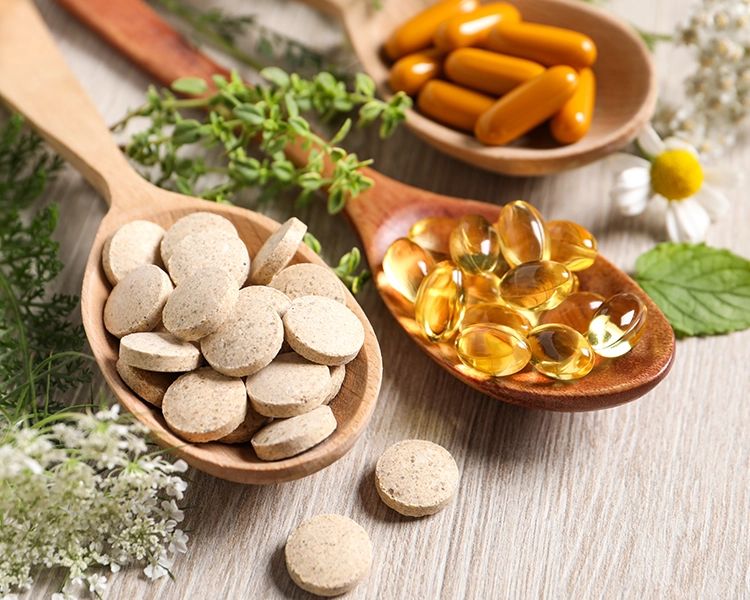Key takeaways
- A whole food, plant-based diet focuses on nutrient-dense plant foods, excluding animal products and processed foods.
- Plant-based diets provide most essential vitamins and minerals, supporting health and weight management.
- Despite its nutritional benefits, some nutrients like vitamin B12, vitamin D, and omega-3 fatty acids may be harder to obtain through plant foods alone.
- The American Cancer Society and American Heart Association recommend a plant-rich diet, with half the plate dedicated to fruits and vegetables.
- Supplementation may be necessary to ensure adequate intake of certain nutrients, especially vitamin B12, vitamin D, and omega-3s.

How was the experience with the article?
We'd love to know